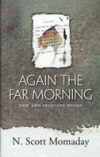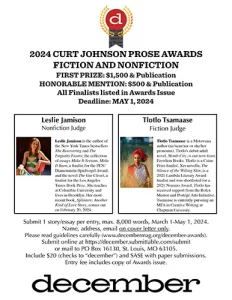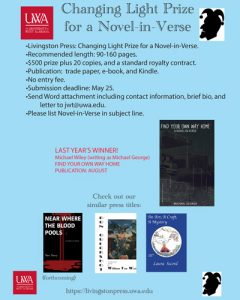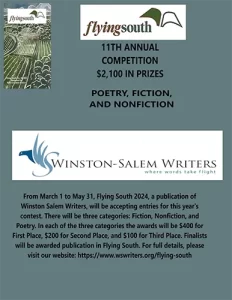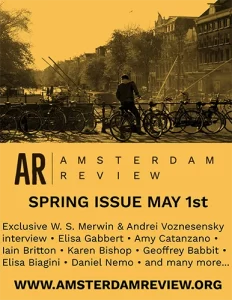Again the Far Morning
The oral transmission of verse is an intrinsic element of N. Scott Momaday’s literary heritage as a Native American storyteller. Though his accomplishments in fiction, such as the Pulitzer Prize-winning novel House Made of Dawn, are often more critically noted, poetry seems to come closest to his ideal expression of language due to its ancient relation to oral tradition. In his preface to Again the Far Morning, Momaday exalts the oral possibilities engendered by poetry’s primordial connection with the human voice: “We most often think of the poem as a composition in writing, but it may also be spoken or sung.”
The oral transmission of verse is an intrinsic element of N. Scott Momaday’s literary heritage as a Native American storyteller. Though his accomplishments in fiction, such as the Pulitzer Prize-winning novel House Made of Dawn, are often more critically noted, poetry seems to come closest to his ideal expression of language due to its ancient relation to oral tradition. In his preface to Again the Far Morning, Momaday exalts the oral possibilities engendered by poetry’s primordial connection with the human voice: “We most often think of the poem as a composition in writing, but it may also be spoken or sung.”
There is something extremely satisfying and deeply spiritual about speaking poems into the silence, an act of creation that seems to link one with some greater being. I remember being in the audience at a reading sponsored by Cave Canem a few years ago, where Sonia Sanchez was a featured reader. The vocality of her poems was stunning, especially so when she abandoned the text of her poems for languid, haunting, sometimes incomprehensible, lyrical abandons that she described as the ancestors speaking through her.
Though Momaday’s poems are more controlled than Sanchez’s improvisational séances, they carry the bodies and songs of his ancestors with them just as powerfully. I always read poems out loud, but few poets have the ability to control the distinct rhythm of my speech as much as Momaday does. Often I felt as if he had a hand on my tongue, guiding me in my recitation of these often very haunting lyrics. I believe this was the first time that I actually sung out most of the poems. Below is the final stanza of the poem “An Honor Song in the Old Style”:
Where thunder rolled across the world
and rain rattled on the ancient trails
and on the shadows of origin
we danced the days of our dreaming
whole in the summons of life
whole in the names of our deities
whole in the radiance of the sun
whole in the silence of the stars
This poem is huge in its scope, speaking as it does in the language of creation. There is a wonderful incantatory element that makes it nearly impossible to read this piece silently, so rich is the texture of the rhythm. As is obvious, the natural world is an important feature. However, as the poem also demonstrates, Momaday’s verse is far more than just pretty descriptions of nature. Rather, he utilizes the natural environment to expose greater truths about human existence and experience. As Momaday writes in “Meditation on Wilderness,” originally from the collection In the Bear’s House, “There is more in my soul than in my sight.” In other words, his poems are about internal interpretation and transformation of the outer world, rather than mere observation of it. My favorite line from this book demonstrates this concept perfectly. The title of the poem is “The Wheel,” and it is among the many new poems published in this collection. Below are the final four lines:
Move among the spokes and cairns.
Then take your heart away, keeping
The beats of a Creation song, a paean
To the alien, savage swell.
The invitation to recede deeper into nature is followed by the suggestion that one rid oneself of the heart, the source of our life, and trade it for the primal beats of the earth. This poem is about more than appreciation of nature, or even becoming one with nature; it is about being transfigured by it.
Though I have been discussing Momaday’s more weighty, serious poems, Again the Far Morning features incredible range and includes playful, witty poems as well. These are mostly to be found in the section of newer poems. Funny and pithy, these lighter verses serve to temper the more elegiac verse common to an aging poet. Below is the text of “The Death of a Ceramist”:
Here lies the potter Tim O’Dea,
Who has himself become his clay,
And lest his mem’ry be forgot,
Recycle him into a pot.
These whimsical poems are a testament to the versatility and breadth of Momaday’s talents. They add a perfect balance to a collection that is brimming with grandiose spiritual themes. Again the Far Morning is a substantial gathering of an important body of work and an important contribution to the poetic canon.

